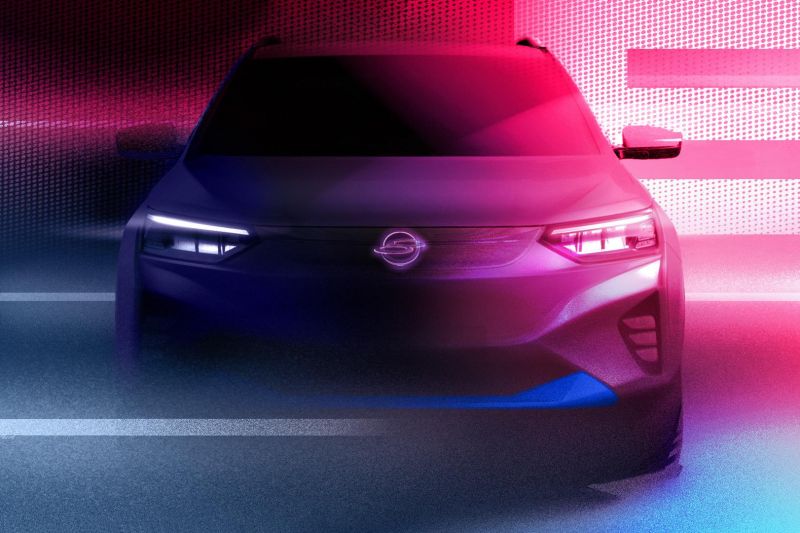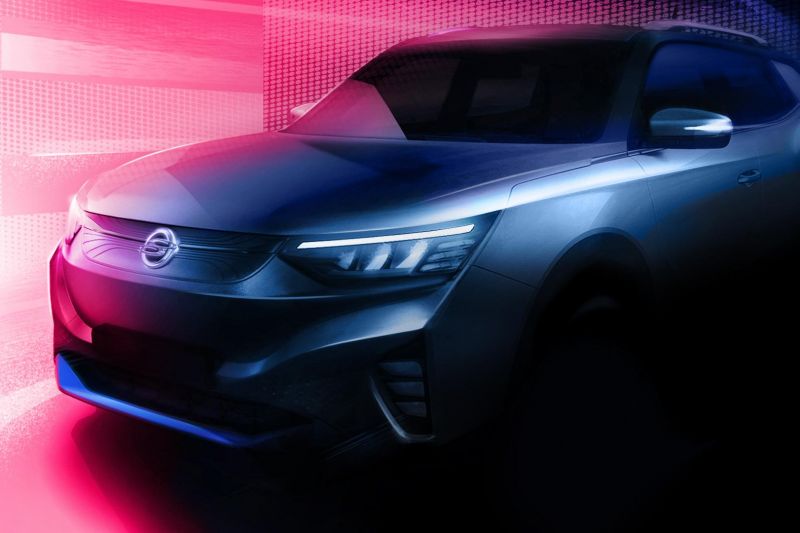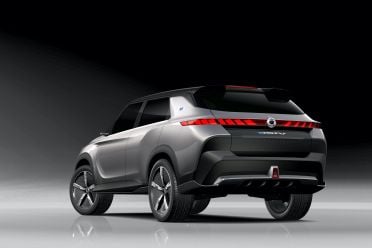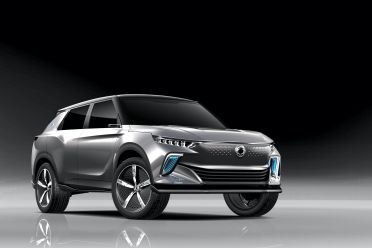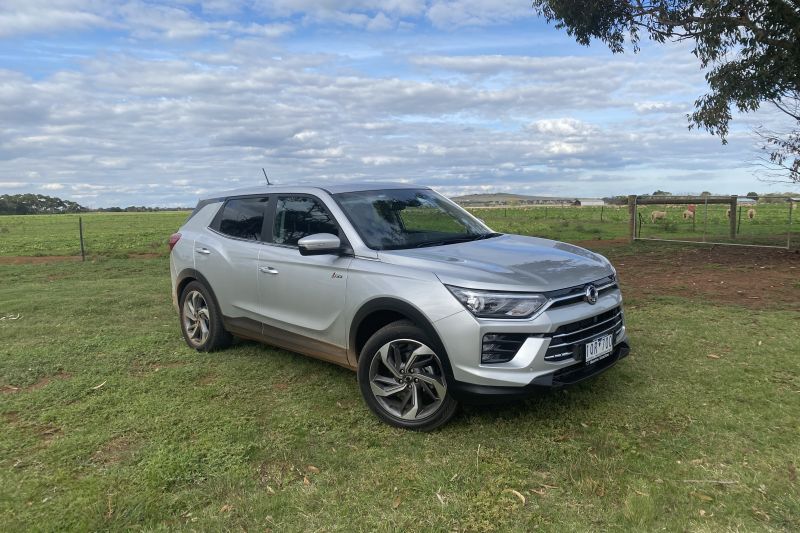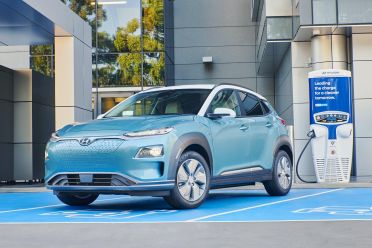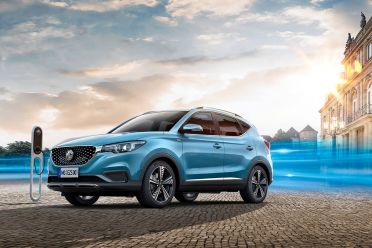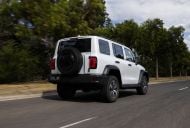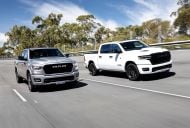SsangYong has teased an electric version of its mid-sized Korando SUV, and the local arm is enthusiastic about bringing it here.
The company hasn’t confirmed local introduction dates or details for the electric Korando, codenamed E100, which will be its first battery-electric vehicle.
It’s set to launch in its home market of South Korea in the first half of next year and will also be offered in as-yet unspecified global markets.
To maximise energy efficiency, SsangYong has made some changes to the Korando to keep the weight down These include the use of lightweight components like an all-aluminium bonnet, a first for the brand.
At least one E100 has already found its way down here, with SsangYong conducting some of its product testing in our harsh climate.
It’ll use a single electric motor, producing 140kW of power, and a 61.5kWh battery pack. Total electric range is 420km, albeit under the more lenient NEDC test cycle.
Hyundai’s Kona Electric achieves 449km under the stricter WLTP standards, though it’s a smaller vehicle.
Top speed will be limited to 150km/h – bad news if you commute on the Autobahn, but it won’t affect us.
SsangYong previewed the E100 with its e-SIV concept (above) at the 2018 Geneva motor show. Its body was largely identical to the Korando, launched the following year, though it was distinguished through its revised front and rear fasciae.
Changes included a closed-off grille and a dramatic, full-width tail light assembly.
The grille of the production vehicle is different to the e-SIV concept but remains distinguishable from the standard Korando (above), while the front bumper and fog light assemblies also appear to be changed. No teasers have been released of the E100’s rear end.
If SsangYong Australia introduces the E100 here, it won’t have much competition but that promises to change very quickly.
In the small SUV segment, Hyundai offers its Kona Electric while MG’s ZS EV will lob by the end of the year. The MG will be priced at $46,990 before on-road costs while its Korean rival costs almost $12,000 more.
In terms of electric mid-sized SUVs, Tesla’s Model Y is due next year while Volkswagen’s ID.4 SUV isn’t due until 2022 or 2023.
Nissan’s recently-revealed Ariya is a possibility for Australia but also wouldn’t arrive until 2022 at the earliest.


